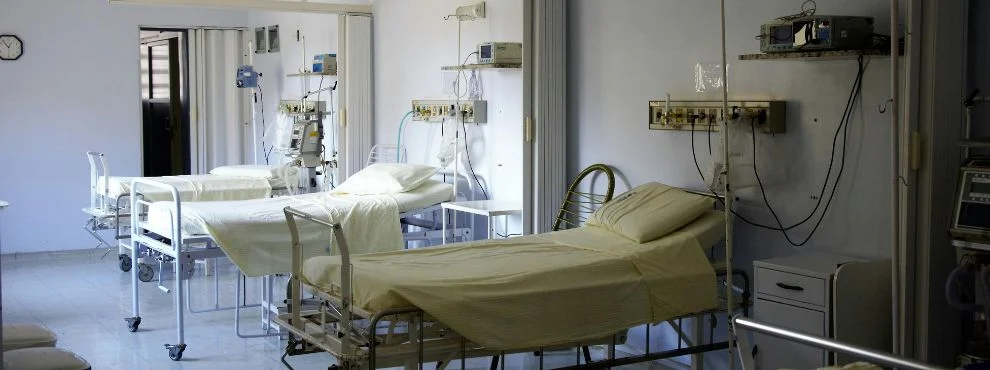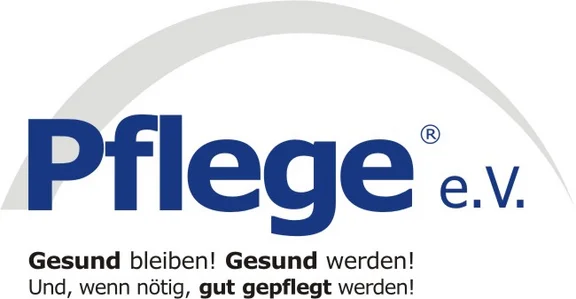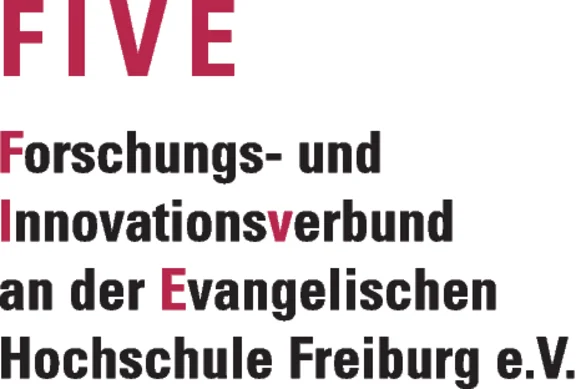From nursing home to hospital: almost 35 per cent of admissions are potentially avoidable
Innovation Fund consortium presents results: Avoiding nursing home-sensitive hospital cases could potentially save 770 million euros in Germany. This requires structural changes.

When elderly patients are admitted to hospital from a nursing home, there is always a risk that their health will deteriorate - whether due to psychological stress, infections or prolonged immobilisation. Many admissions could be avoided through effective and early care in the nursing home; this is shown by the results of the Innovation Fund project "Needs-based care for nursing home residents by reducing nursing home-sensitive hospital cases". They were presented at an online symposium on 9 December 2021 in front of an audience of almost 100 people. The project partners are Witten/Herdecke University, OptiMedis AG, the Research & Innovation Network at the Evangelische Hochschule Freiburg e. V. and Pflege e. V..
Project partners develop catalogue of nursing home-sensitive hospital cases
Nursing home-sensitive hospital cases, or PSK for short, are cases that could be treated in a nursing home under good conditions without hospitalisation. In the course of the project, the project partners first analysed the diagnoses with which nursing home residents are most frequently admitted and which of these could be avoided. Based on this data, a catalogue of 58 PSCs with the respective prevention potential was agreed with the involvement of more than 100 experts.
High prevention potential through structural changes
The results of the secondary data analysis of six health insurance funds from 2017 are impressive: the 58 PSCs account for more than 40 per cent of all hospital cases among nursing home residents, i.e. 270,000 in total, resulting in costs of almost one billion euros (951.7 million). "If structural and cross-sectoral interventions and measures were introduced to optimise care in nursing homes, this would prevent 220,000 hospital admissions, which are associated with expenditure of more than 750 million euros," emphasised Prof. Dr Sabine Bohnet-Joschko, project manager and holder of the Chair of Management and Innovation in Health Care at Witten/Herdecke University, at the presentation of the results. "The necessary investment costs for structural changes would be refinanced through reduced expenditure," says Maria Valk-Draad, research assistant in the project.
Recommendations for action show intervention options
The project partners have summarised which structural measures and concepts are suitable for avoiding PSC in the future in several case studies and recommendations for action. Dr Oliver Gröne, Deputy CEO of OptiMedis, said: "The recommendations for action that we developed together with experts in the field show how nursing home residents could be spared unnecessary and stressful hospital stays. They relate, for example, to infrastructure and internal processes in facilities, cooperation and communication structures as well as legal framework conditions and remuneration structures."
Data sources
The anonymised data for the secondary data analysis was provided by the following statutory health insurance companies: AOK Rheinland/Hamburg, AOK-Baden-Württemberg, AOK-Rhineland-Palatinate/Saarland, BARMER, DAK-Gesundheit and BKK Werra-Meissner.
Important links
The study on the PSK project and the catalogue of nursing home-sensitive hospital cases are available online.
All other results such as recommendations for action, case studies and an online tool for visualising the PSK cases for Germany can also be found on the project website.
Project partners




Contact person

Svenja Malessa
Press Officer
Administration | Communication & Marketing
Alfred-Herrhausen-Straße 48
58455 Witten
Room number: 2.F05